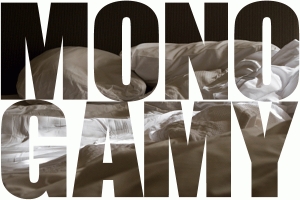Kendra Holliday, the sex blogger behind The Beautiful Kind, recently wrote a piece entitled Love Like an Ocean: Diving Deep into Polyamory. Holliday first writes about her current open relationship. Simply knowing that she has the freedom to sleep with other people, she says, is very gratifying.
The article is not merely a personal one, though. Holliday also dissects the poly experience, concluding that the thrill of polyamory lies in new experiences and living passionately.
Why is it acceptable in our society to love more than one sport with a passion? Read different books? Why is it acceptable to love more than one child? Yet it’s not okay to love more than one person romantically at a time . . . Just as some people express their passions through salsa dancing, running marathons, or climbing mountains, polys follow their passion through loving. Since sex is so taboo in our society, polys are more often misunderstood and feared than people with mainstream passions.
In the article's final section, Holliday writes about accidental vs. intentional polyamory, stressing that no matter which path brought you to polyamory, it's important to be emotionally stable and communicate honestly with your partners.
Give it a read over at BlogHer.

 Salon has begun an ongoing interview series about monogamy and alternatives to it. The series kicked off with
Salon has begun an ongoing interview series about monogamy and alternatives to it. The series kicked off with